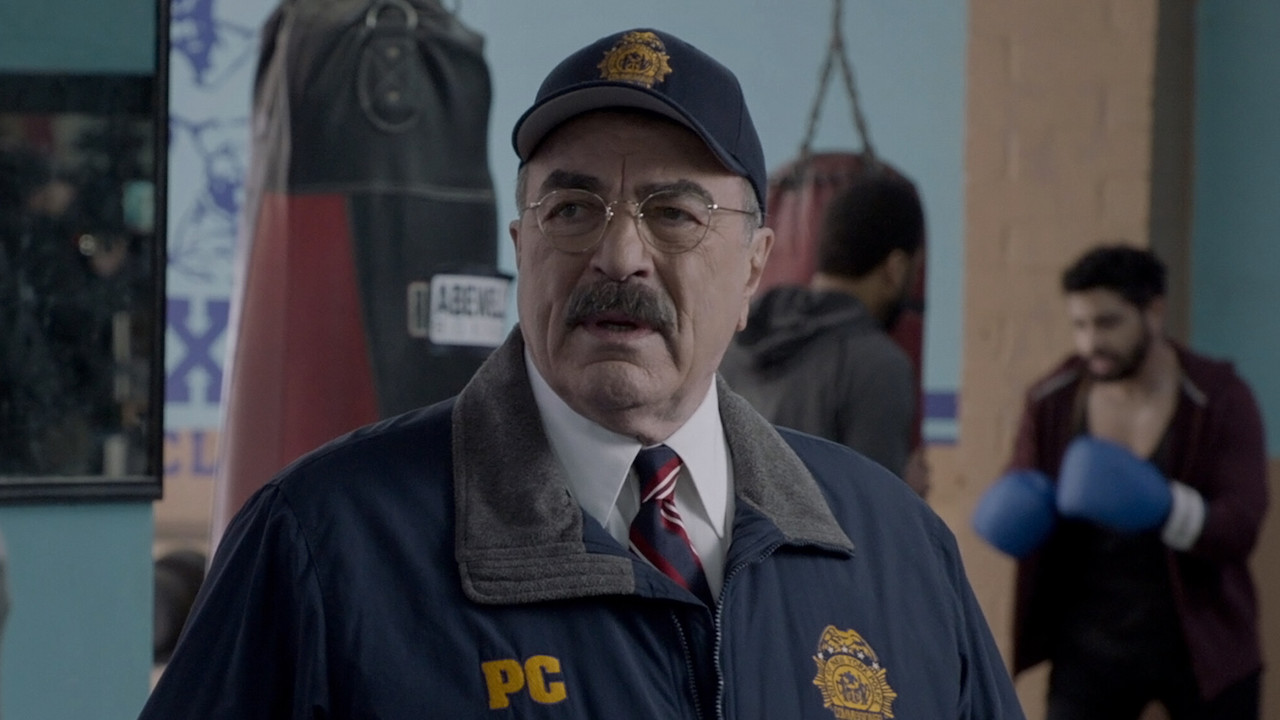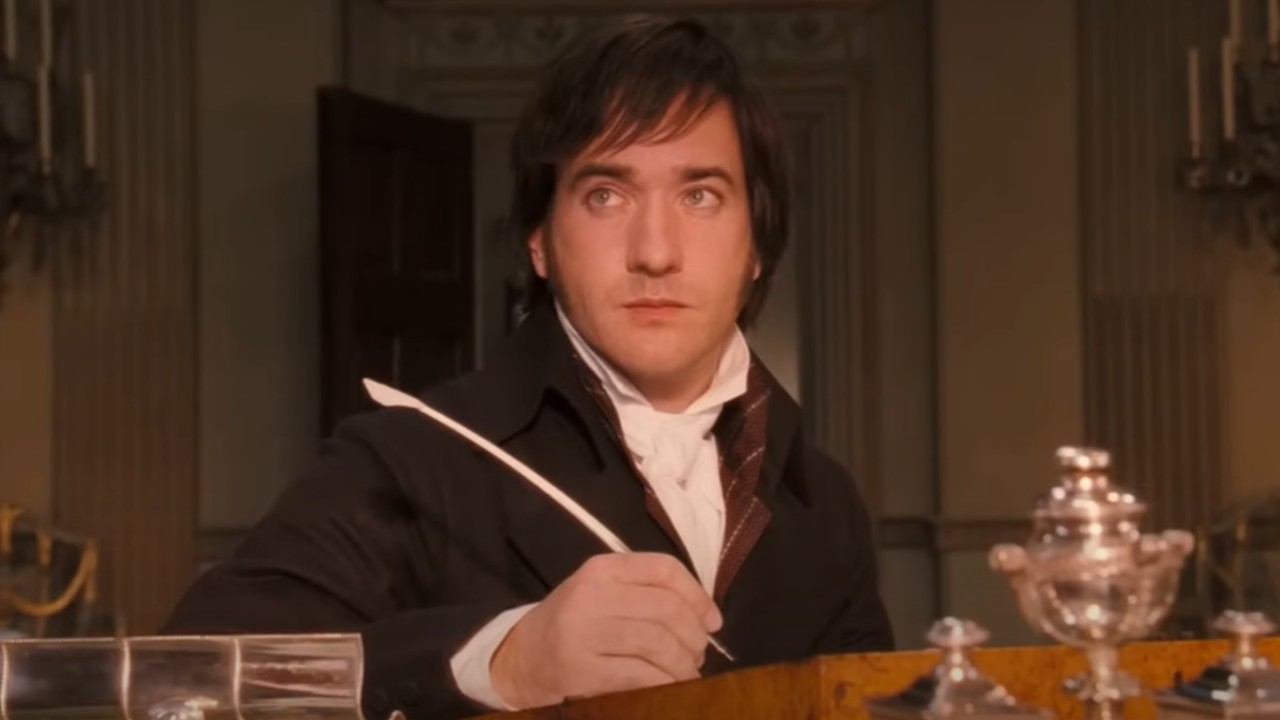How Much Does Tom Selleck Make On Blue Bloods Anyway?
More than enough to keep up his mustache.

There’s been a lot written since CBS decided to end Blue Bloods last winter. Much of this has come after series lead Tom Selleck expressed an interest in finding a way to keep the long-running police drama on the air. Reports have mentioned he may want to keep that steady network TV paycheck to keep his pricy avocado farm going. But how much does the mustachioed actor make for starring as Frank Reagan anyway?
In a report at Closer, a source reportedly spoke with the outlet about Tom Selleck's salary and how CBS feels about the actor coming out and saying CBS needs to "come to their senses" and renew the show for Season 15 (instead of cancelling it as the 2024 TV schedule comes to its conclusion).
Despite Selleck’s pleas of poverty, CBS higher-ups aren’t buying it, armed with knowledge of his jaw-dropping paycheck over the years. He raked in a staggering $200,000 per episode, accumulating a jaw-dropping $56 million over the show’s run — and that’s not even factoring in residuals from reruns!
The bit about the network also really interests me, but before we get there, let’s talk about this salary number bandied about.
There have been 285 episodes that have aired so far of the veteran series. Over the summer, Blue Bloods wrapped on its final episode order, which will add another six episodes to the tally, bringing the total to 293 -- sadly, just short of the 300 episode mark.
However, it’s worth pointing out for the final (and split) season the cast and crew took a 25% reduction in salary in order to keep the show going, so if the $200,000 number is accurate, Selleck likely only took $150,000 for the final 18 episodes. In addition, I’m presuming he made less during the show’s initial few seasons and that the $200,000 per episode was where he capped in salary and not where he started. Yet Selleck was a known entity when hired for the CBS drama and he has presumably been paid well from the get go.
To point out, no matter which way the cookie crumbles, $150,000 times 18 episodes is still a pretty penny, $2,700,000 in fact. And then take into the account that Blue Bloods did 14 seasons and often did seasons with 22 episodes, and you start to gain an understanding of how lucrative a network TV gig can be.
To just put this into perspective, even if Selleck — or any other cast member – were only paid $50,000 per episode, if you multiply that out times 293 episodes, you are looking at a whopping $14,650,000 over the course of the show’s run. And it's all but confirmed Selleck was paid way more than that. Not too shabby!
CINEMABLEND NEWSLETTER
Your Daily Blend of Entertainment News
As the insider notes, those related to the series also make residual income from the show airing in reruns and on streaming services, as well. Though big taxes do get taken out, and network shows are hard work for a large swathe of the year, they are a solid, solid paycheck for those involved, particularly the cast.
Now, as to the rumors Selleck's comments are falling on deaf ears (it is the Eye Network I guess), that's an interesting tidbit I'd be interested in knowing more about the inner conversations the network is having behind closed doors. We do know there's been a big push to by push by CBS to maintain this is the final season of the series, and that's likely how it's going to play out. But I don't really blame Selleck for saying how he feels. The show has been highly rated on Friday nights after all, and it's not 100% obvious why it's wrapping when it is, though the paycuts everyone took do give us a hint.

Jessica Rawden is Managing Editor at CinemaBlend. She’s been kicking out news stories since 2007 and joined the full-time staff in 2014. She oversees news content, hiring and training for the site, and her areas of expertise include theme parks, rom-coms, Hallmark (particularly Christmas movie season), reality TV, celebrity interviews and primetime. She loves a good animated movie. Jessica has a Masters in Library Science degree from Indiana University, and used to be found behind a reference desk most definitely not shushing people. She now uses those skills in researching and tracking down information in very different ways.









